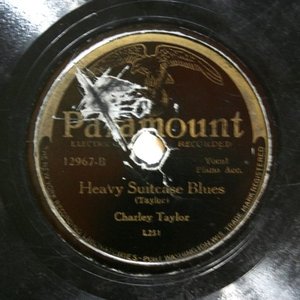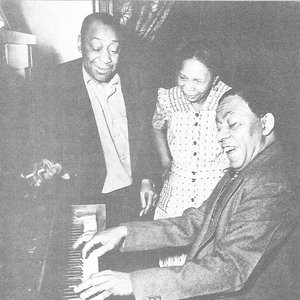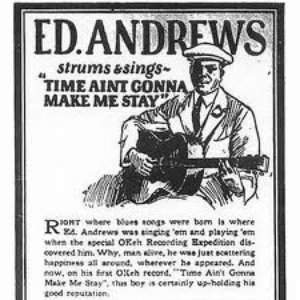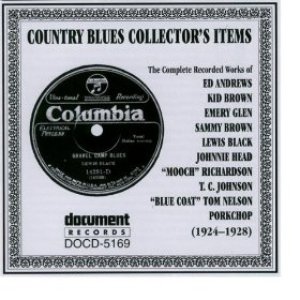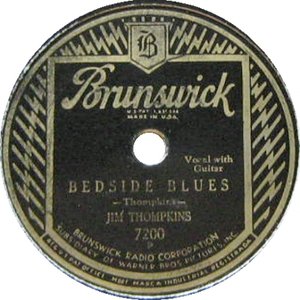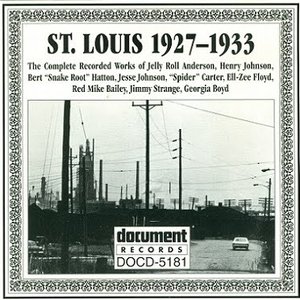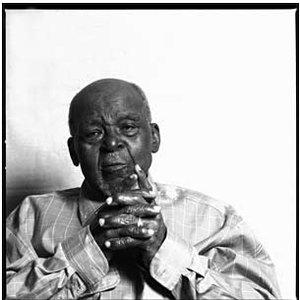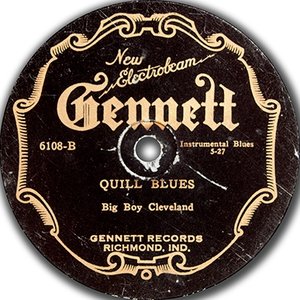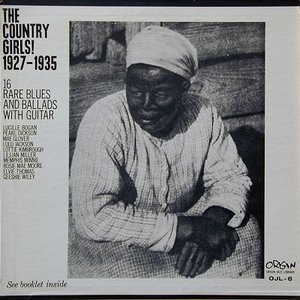Biography
If the chorus to “Keep a’ Knocking” gets stuck in your brain, chances are good that you hear Little Richard’s voice on your mental soundtrack. After all, he is the artist who gets writing credit for the song, sometimes as Little Richard, sometimes as Richard Wayne Perriman.
But the song’s basic framework was in place long before Little Richard put pen to paper, or for that matter, before he was even born, as James “Boodle It” Wiggins, recorded “Keep Knocking But You Can’t Get In” in 1926 for the Paramount label.
There are some differences between Wiggins’ and Perriman’s versions (you can check out the audio file of Wiggins’ recording at www.goldminemag.com).So why does history seem to overlook Wiggins’ efforts on the song?
“Well, they were pretty darn loose back then with things like copyrights, and basically, the real truth of it is, white people in the record industry were not really paying close attention to African-Americans ripping off other African-Americans,” said John Tefteller, owner of Tefteller’s World’s Rarest Records. “They didn’t know, they didn’t care and they were not paying attention.”
Tefteller was drawn to the record when he saw the title. “I was like, ‘Keep a’ knocking and you can’t get in,’ that’s Little Richard. And when I played it, it’s not Little Richard, it’s this guy,” he said.
Some might paint Little Richard as a thief for taking writing credit for a song and lyrics that got their start at least as far back as Wiggins. But Tefteller is willing to give Little Richard the benefit of the doubt.
“Probably, it’s something he remembers hearing when he was very young, and it’s just one of those songs that kicked around in his head, and he decided he would do a version of it later and failed to mention to Specialty Records that he had heard this on some obscure blues record when he was a kid, and they just assigned him the writer’s credit,” Tefteller said.
Of course, the record company could’ve been in the know and simply decided it didn’t want to go through the hassle of tracking down Paramount Records, figuring out who Wiggins was and going from there. Wiggins wasn’t all that easy to find, either, as he made records under different names, Tefteller said.
Even music historians don’t have a lot of information about the song’s origin, or, for that matter, about Wiggins. According to allmusic.com, he’s “another of the all-too-mysterious bluesmen recorded by Paramount in the late 1920s and early ’30s” — and that’s the long version of Wiggins’ history.
“Keep A-Knocking” shows up in recordings more than 450 times, according to allmusic.com. In most cases, Little Richard gets the writing credit, but the song also has been credited to Milton Brown, Clifton Chernier, “Traditional,” Perry Bradford and Bill Mays, D. Bragg, the Rev. D.C. Williams and combinations of Little Richard, Mays and Williams.
Variations also were recorded by Lil Johnson in 1935 and Louis Jordan in 1939. According to Rolling Stone, Jordan had gotten it from James Wiggins and Kokomo Arnold — but there really isn’t a clear paper trail out there for the song.
Regardless of who first wrote it or performed it, “Keep A-Knockin’ has enjoyed serious staying power. It’s been covered by artists including Alvin Lee, Artful Dodger, Ritchie Blackmore, Johnny Burnette, The Crickets, The Everly Brothers, The Flamin’ Groovies, Fleetwood Mac, Bobby Fuller, Jimi Hendrix, Jerry Lee Lewis, Mott The Hoople, The Outlaws, Suzi Quatro, The Trashmen and Zydeco High Rolllers.
Wiggins’ version of the song still can be found on 78, Tefteller said. “I have one, and I’ve seen a few more. Usually, they’re quite beat up, so to find one in nice shape, a really nice copy, might be $1,000, maybe $1,500. For a rare Paramount, that’s cheap,” he said.
Tefteller treasures his copy of Wiggins’ version, as it once belonged to jazz musician Art Hodges, he said.
Artist descriptions on Last.fm are editable by everyone. Feel free to contribute!
All user-contributed text on this page is available under the Creative Commons Attribution-ShareAlike License; additional terms may apply.

